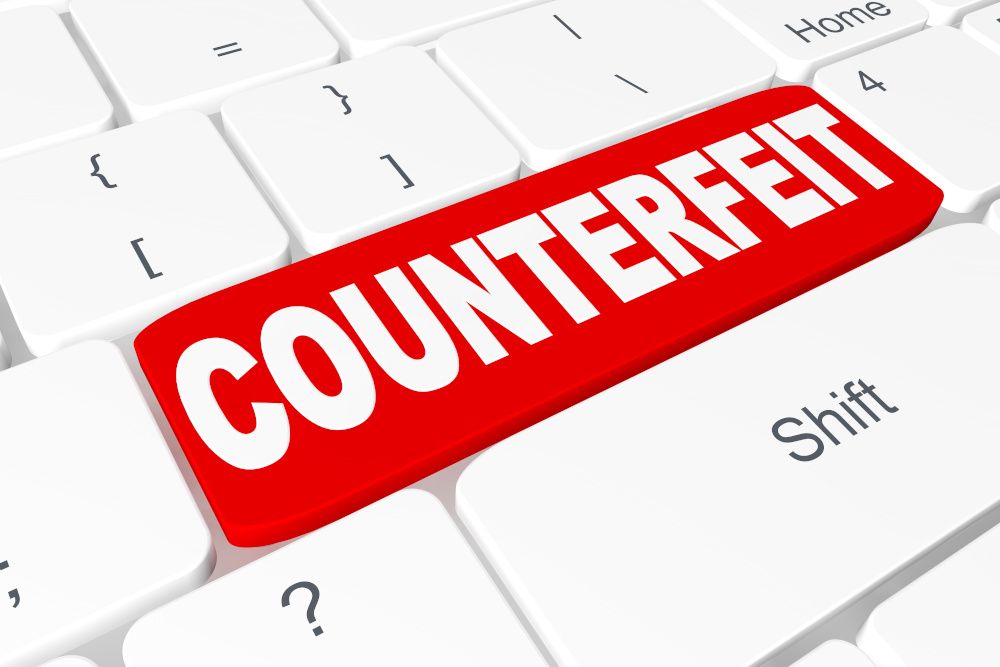Counterfeit products pose a major challenge to manufacturers in Kenya with the loss estimated at between Sh85billion and Sh 100 billion annually.
This does not only reduce market potential but also casts doubts on the original merchandise.
To deal with the unfair competition and increased health risks of fakes in the market,the Kenya Anti-Counterfeit Authority (ACA) has launched a platform to automatically verify products authenticity.
The Intellectual Property Rights (IPR) Recordation, is a database of information about intellectual property rights of a product either locally manufactured or imported.
Manufacturers will key in specific properties of the goods they produce in the digital platform.
For instance, a bottled water producer will state the name, bottle size and shape, flavour if applicable as well as any other customised product details.
Manufacturers will also upload high-resolution pictures of the goods.
This, according to the anti-counterfeit watch dog, will enable law enforces to match the goods with those captured in the system and flag out any counterfeit goods before entering the country.
Consumers will also be allowed anonymously report suspected counterfeit products on the platform.
The most counterfeited goods in Kenya are fast moving consumer goods including food and beverages (mainly alcohol), pharmaceuticals, cigarettes, soap and detergent and batteries.
Fertilisers, electronic appliances such as instant showers and iron boxes are also highly counterfeited according to ACA.
Data from the World Economic Forum shows that illicit trade creates an annual drain on the global economy of $2.2 trillion – nearly 3 per cent of the world’s economy.
According to the National Baseline Survey on Counterfeit and Other Forms of Illicit Trade in Kenya, the total size of illicit trade was estimated at Sh826 billion in 2018, having risen from Sh726 billion in 2017.
This translates to 8.9 per cent and 9.3 per cent of GDP respectively.
ACA warned that the value of illicit trade could rise to Sh1.2 trillion potentially wiping out of the country’s manufacturing sector.
Fridah Kaberia, acting executive director at the ACA said the government is banking on the Intellectual Property Rights Database to identify counterfeits at border points before being smuggled into the country.
“As Kenya embraces innovation and technology, this measure will use image processing software to assist custom and border point inspectors to have brand information and counter the entry of counterfeits into the country,”Kaberia said.
She said that at least 70 per cent of all imports into Kenya are falsified which calls for strict surveilance
ACA had earlier set July 1, 2022 as the deadline for manufacturers to load the details of their products on the system.
This has now been moved to January 2023, giving more time for importers and manufacturers to set up.
Only 50 manufacturers had registered on the platform as of June 15.
The World Health Organisation has identified fake medical products as “one of the urgent health challenges for the next decade”, and estimated more than one in ten medicines in low- and middle-income countries are substandard or falsified.
Up to two billion people around the world lack access to the requisite medicines and other health products according to the WHO, creating an opportunity for sub standards and fake items to flourish.
Illicit trade from counterfeiters denies Kenya Revenue Authority up to Sh153.1 billion annually, according to a survey by ACA.
The country is also losing between Sh85 billion and Sh100 billion annually to counterfeiting activities alone.

